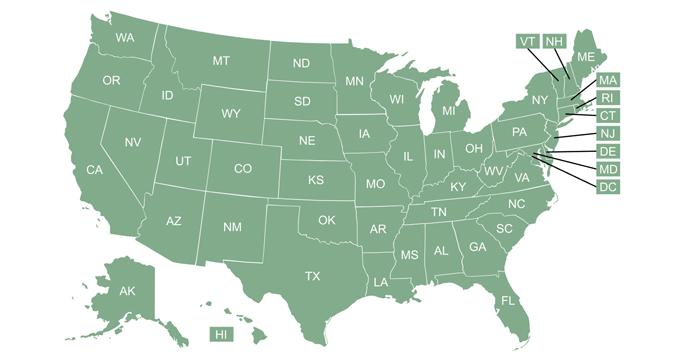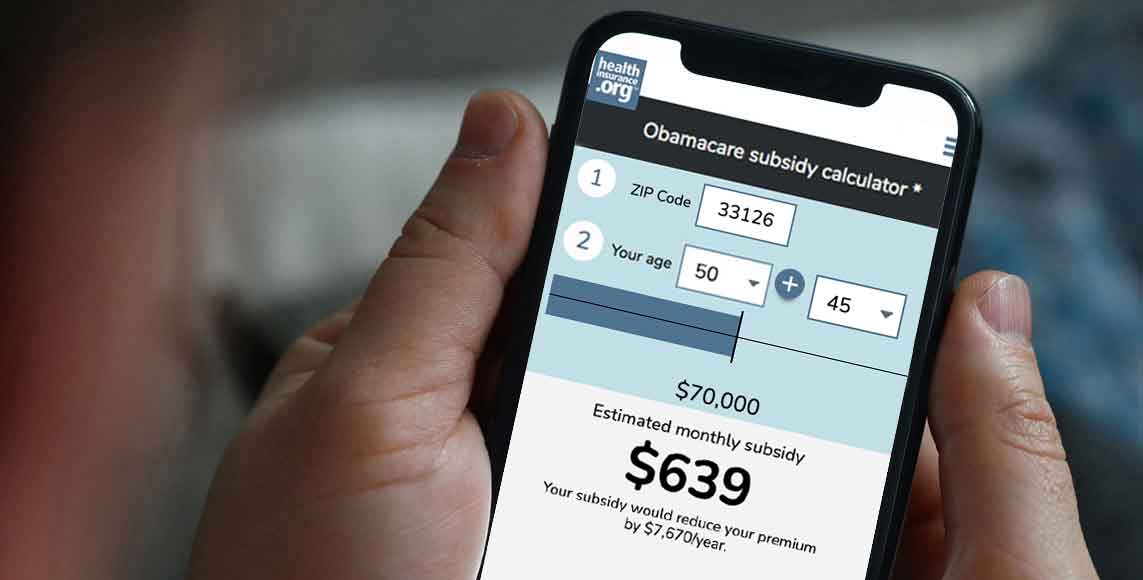Please provide your zip code to see plans in your area.
Featured

Featured


If you face a major medical crisis – such as a stroke, heart attack, or organ failure – critical illness insurance can protect you from out-of-pocket costs that can add up quickly.
Explore your coverage options.
Home > supplemental-products > Critical Illness Insurance
Critical Illness Insurance
What is critical illness insurance?
How does critical illness insurance work?

Is critical illness insurance worth it?
What medical conditions are covered by critical illness policies?

What’s not covered by a critical illness policy?
How do I choose the best critical illness insurance for my needs?
Weigh premiums vs benefits.
Critical illness plans with low premiums tend to have lower benefit amounts and/or a more limited list of covered medical conditions. Plans with higher premiums might pay more when you have a claim, or cover a more extensive list of illnesses. You'll want to find a good balance between how much the plan costs and what benefits it will provide.
Consider your primary health coverage
A critical illness supplement might be a great choice, but you'll also want to consider whether you'd be better off putting that money toward a more robust major medical health plan. If you're confident in your primary coverage and you can afford to also buy a supplemental plan, a critical illness plan can be a great addition to your coverage.
Expected medical care
Most critical illness plans are medically underwritten, which generally means they won't cover your own pre-existing conditions. But maybe you have a family history of cancer or heart disease or another serious condition. If so, supplemental critical illness insurance might bring you some extra peace of mind.
Who can buy critical illness insurance?
If you’re buying your own individual/family critical illness policy, you’ll need to meet whatever underwriting guidelines the insurance company uses. In general, applications for these policies will ask a handful of medical history questions to determine eligibility, and will not cover people with certain pre-existing medical conditions. They also tend to impose upper age limits, and won’t issue policies to people above a certain age, typically somewhere between 60 and 70 years old.
To enroll in your employer’s group critical illness policy, you have to sign up during open enrollment and be actively working in order to maintain coverage (some plans have portability provisions that allow the policyholder to keep their coverage if they leave the employer). Group policies are generally guaranteed issue, regardless of medical history. But they can still exclude pre-existing conditions and impose waiting periods. And benefits can be reduced once an employee reaches a certain age.





